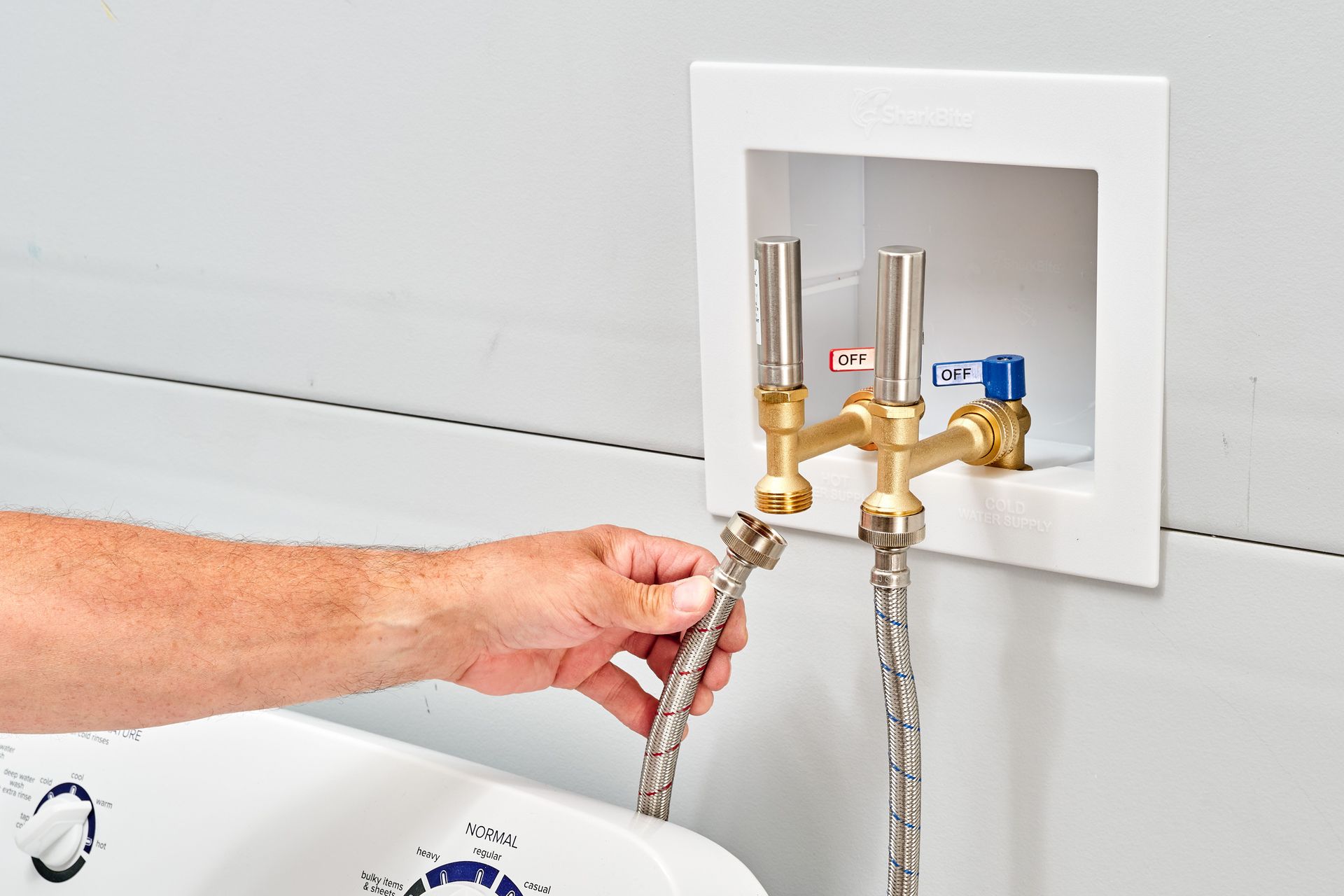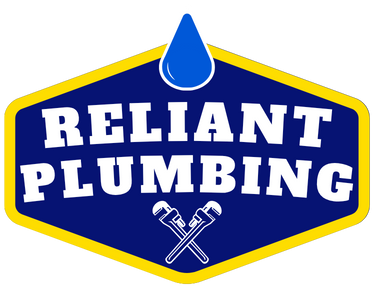
🔨 Water Hammer in Your Plumbing System: What It Is and How to Stop It
That loud bang in your pipes isn’t a ghost—it’s water hammer, and it could be damaging your plumbing.

Introduction
If you’ve ever heard a loud banging or thudding noise when turning off a tap or when your washing machine shuts off, you’ve experienced water hammer. It’s a common but often misunderstood plumbing issue that can lead to pipe damage and expensive repairs if left unchecked.
For homeowners in Cambridge, ON, understanding what causes water hammer and how to fix it can help you protect your home’s plumbing system—and your peace of mind.
1. What Is Water Hammer?
Water hammer, or hydraulic shock, happens when a valve or faucet suddenly closes, causing the water inside the pipe to slam into a closed end. This creates a shockwave that vibrates through your plumbing system.
You might hear it as:
- A bang or thud when turning off a faucet
- Repeated rattling or clanking from inside walls
- A shudder in pipes when appliances like dishwashers or washing machines cycle
2. Why Water Hammer Is a Problem 💥
Besides being loud and startling, water hammer can cause:
- Loosened joints in copper or PEX pipes
- Cracked fittings or burst pipes
- Long-term wear and tear on valves and appliances
- Leaks inside walls or ceilings
If you hear the noise regularly, it’s worth investigating before a small annoyance becomes a costly plumbing repair.
3. What Causes It?
Water hammer is usually caused by:
- High water pressure
- Fast-closing valves, like those in dishwashers and washing machines
- Lack of or failing air chambers or arrestors
- Long, unsupported pipe runs that vibrate
Homes without modern water arrestors are especially prone to water hammer—particularly older homes in areas like Cambridge.
4. How to Fix or Prevent Water Hammer 🔧
🔍 Step 1: Test Water Pressure
Use a pressure gauge to measure your home’s water pressure. Anything over 60–70 PSI can contribute to water hammer.
Tip: Ideal home pressure is between 50–60 PSI.
💡 Step 2: Install Water Hammer Arrestors
These are small devices installed near quick-shut valves (like your washing machine). They absorb the shock and eliminate banging sounds.
🧰 Step 3: Add or Repair Air Chambers
Some homes have vertical air chambers near valves. If they’ve filled with water, you can recharge them by draining the system.
🔧 Step 4: Install a Pressure-Reducing Valve (PRV)
If your water pressure is consistently too high, a PRV at the main water supply will regulate it for the whole home.
5. When to Call a Plumber 👨🔧
You should contact a licensed plumber if:
- The banging persists despite DIY steps
- Your water pressure is high and you’re not sure how to adjust it
- You’re concerned about pipe damage behind walls
- You want to install professional-grade arrestors or a PRV
At Reliant Plumbing, we help homeowners across Cambridge troubleshoot and resolve water hammer safely and efficiently.
Final Thoughts
Water hammer might sound harmless, but it can cause real plumbing damage if left alone. Whether it’s high water pressure or a lack of arrestors, there are effective ways to stop the banging and protect your pipes.
If you’re tired of hearing that thud echo through your home, it might be time to bring in a pro. We’re here to help.
